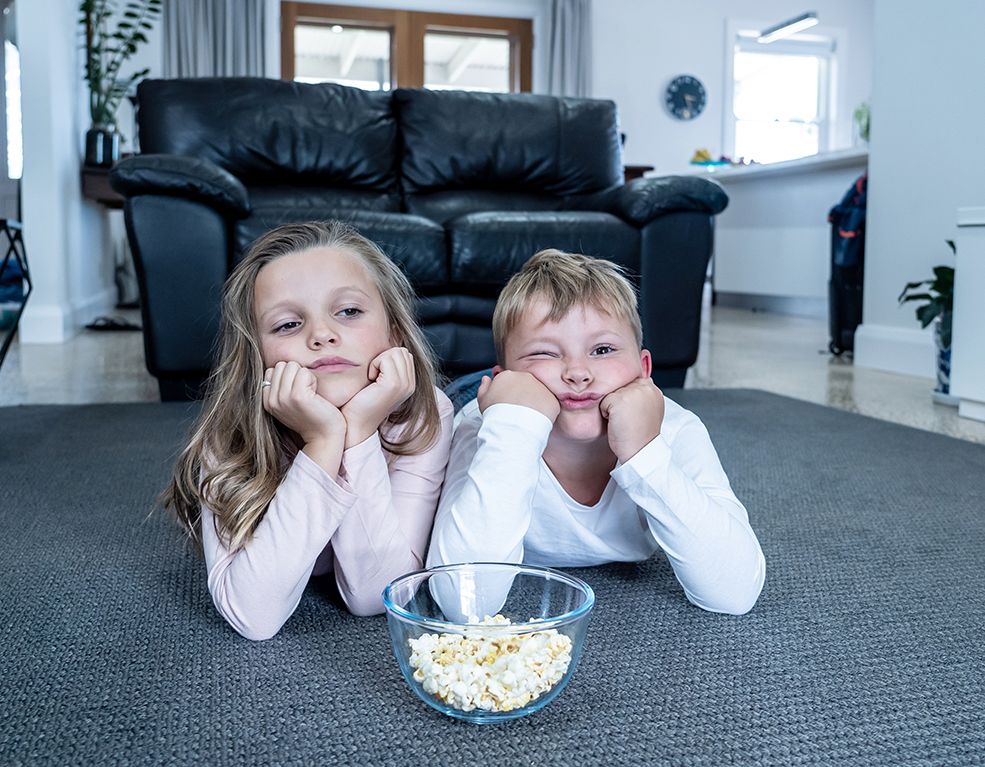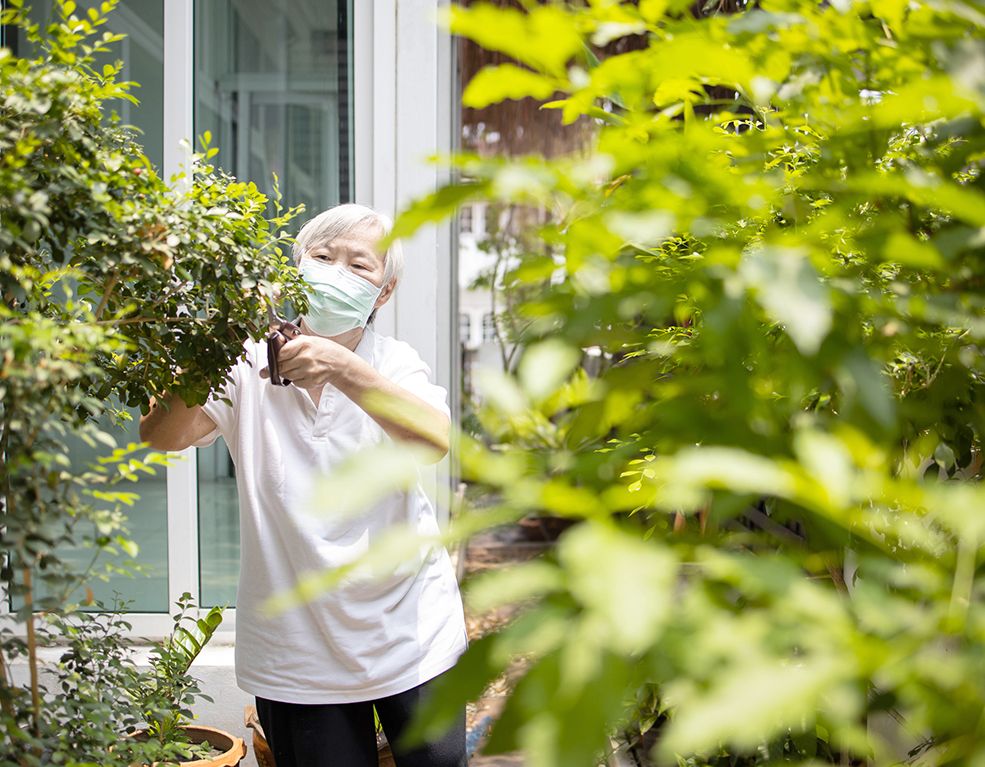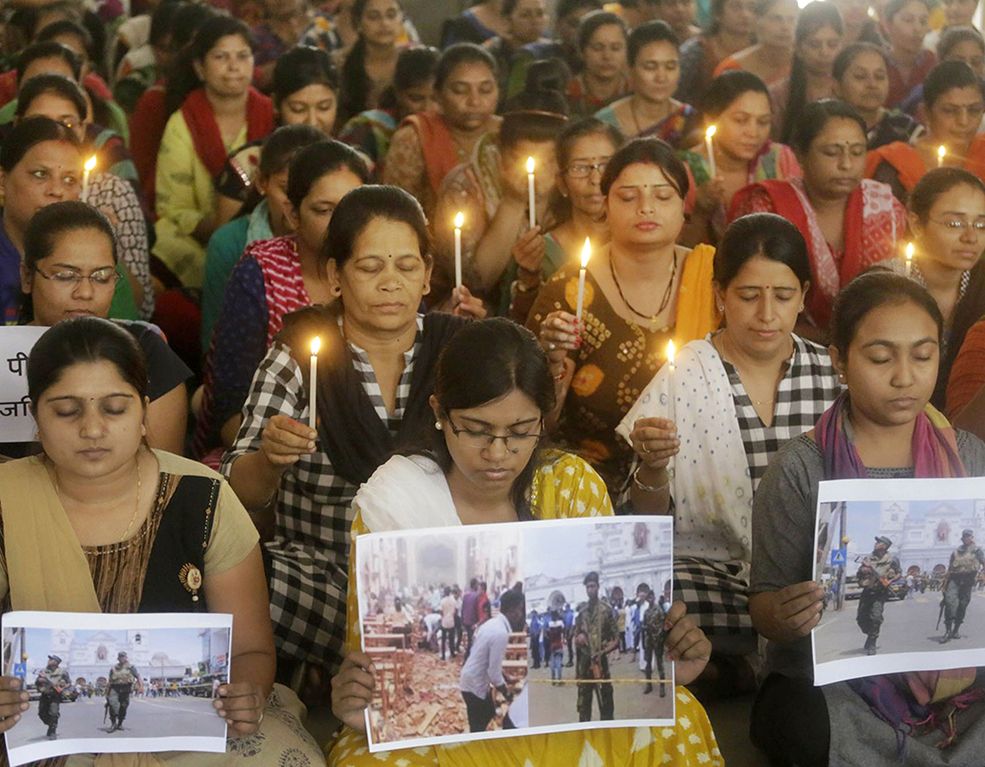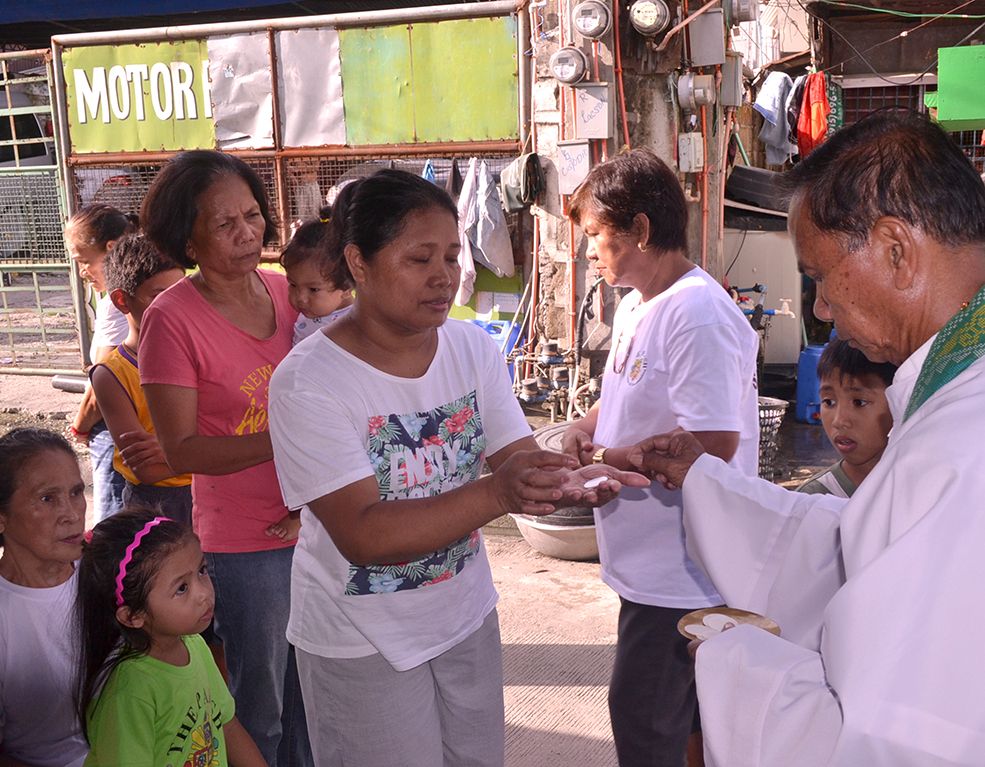The coronavirus disease (COVID-19) has become a global health disaster in this generation. The SARS-CoV-2 virus that causes COVID-19 was first identified in China in late 2019 and soon reached the level of a pandemic, leading to a massive change in daily life worldwide. Countries began to impose strict measures and mandate behavioral changes such as physical distancing to combat this public health concern.
The impact of COVID-19 on physical health is highly prioritized during this time of uncertainty. However, it is also essential to consider how experiencing the pandemic affects mental health and well-being. Limited social interactions due to lockdown put individuals into isolation, resulting in negative mental health. In the Philippines, there were reported manifestations of moderate-to-severe anxiety and depression in general populations during the early phase of the pandemic.
It is necessary to determine and understand the psychological well-being of young people during the COVID-19 pandemic, especially among vulnerable groups. Although young adults appear to be less susceptible to medical complications associated with COVID-19, they are still being affected by the interference with their academic, occupational, and interpersonal functioning. Their mental health is being impacted not only by their susceptibility to be infected and the low predictability of the COVID-19 but also by the significantly increased negativity in social media concerning the pandemic. Young people are anxious about their physical health and families, along with experiencing stress and negative emotions. In the academic context, students were hesitant toward the implementation of the remote learning approach due to technological and financial constraints. Though online classes are considered the only alternative to face-to-face setup, students show a negative perception of online learning behavior, which causes psychological distress. Working employees, on the other hand, struggle with their daily stresses. Many of them work at home and juggle multiple roles since the pandemic started.
With this unexpected shift in our daily routine and lifestyle, there is a potential to normalize a more sedentary lifestyle such as playing mobile games for long periods or facing the computer screen for longer durations. This could compromise our physical health and psychological and mental well-being.
So what are some ways to maintain a balanced and active lifestyle during the pandemic?
• Staying physically active through home exercises: Though some gyms have been reopened in GCQ areas, there are several alternatives to stay physically fit without exposure to large groups of people. Moreover, keeping physically active is crucial to maintaining health, and the endorphins produced during strenuous exercise can make you feel satisfied and happier. Going for a short jog or walk outdoors in an uncrowded space is also highly recommended.
Likewise, the World Health Organization (WHO) has provided recommendations on the amount of physical activity depending on the age group to benefit their health and well-being even at home:
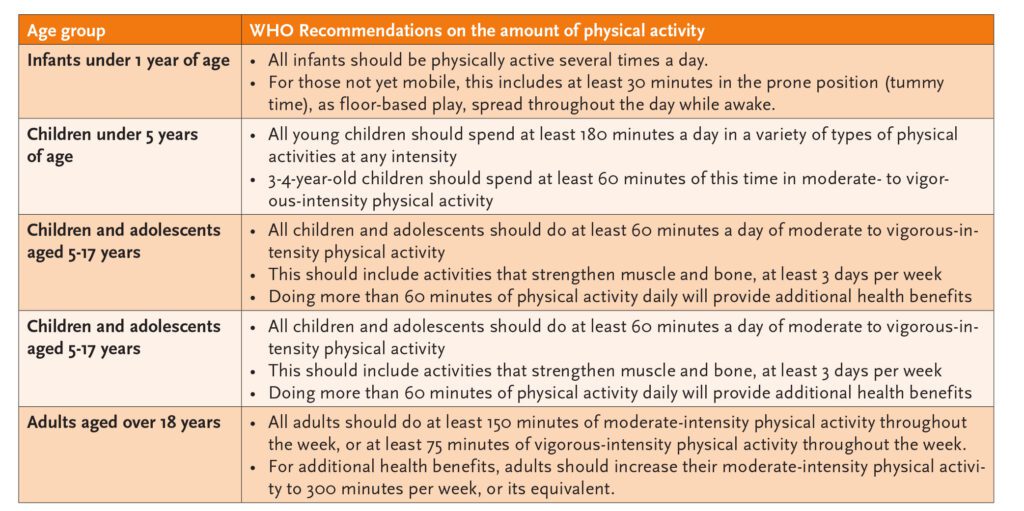

To achieve a good night’s rest, one must improve his or her sleep hygiene which includes the bedroom setting and sleep-related habits. Recommendations to develop effective sleep hygiene include:
– Having a regular same sleep schedule, even on weekends.
– Engaging in a relaxing routine before going to bed.
– Choosing a comfortable mattress, pillows, and beddings.
– Minimizing potential light and noise disruptions while optimizing bedroom temperature and aroma.
– Refraining from using electronic gadgets like mobile phones and laptops for at least 30 minutes or more before going to bed.
– Avoiding caffeine and alcohol hours before sleeping.
• Diet and nutrition: Emotional eating due to pandemic stress is inevitable, but we can try small steps to manage our diet and nutrition effectively. Some people undervalue the significance of a balanced diet, but proper nutrition can boost your energy and psychological health. Be wise in choosing food wherever possible, such as eating whole, nutritious meals instead of processed snacks or fast food. Though they are tempting at times, try to limit foods rich in fats and sugar since eating such foods can be detrimental to your digestive functions.
• Self-care and positive coping: Do not forget to take care of yourself. Sometimes you will experience bad days, and engage in unhealthy habits such as smoking and drinking. This is a challenging period for everyone, it’s okay not to be okay. Relaxation techniques, meditation exercises, spending quality time with family and friends, and regular personal hygiene enhance your overall life satisfaction.
The WHO also indicated effective steps on how to relax through breathing techniques:
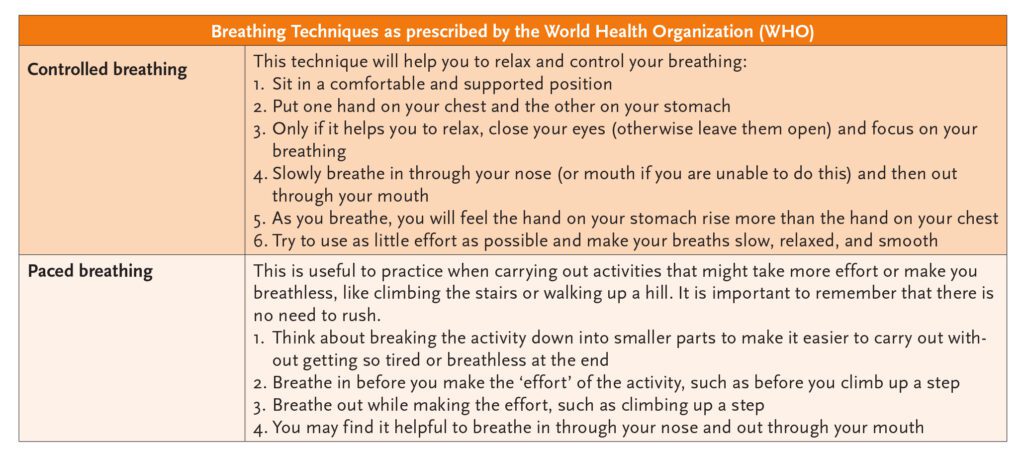

• Staying connected: Keep your communication lines open with loved ones, especially while in isolation, to help reduce the stress and feeling blue. Maximize the use of free online platforms such as messaging and video conferencing applications to stay in touch with those you care about. Physical distancing is being reinforced in our society to stop the spread of the virus, but with technology, we can still maintain genuine connections with our loved ones.
COVID-19 is here to stay. Time can only tell when we can proceed with our usual routines. But always remember that we can still live our life to the fullest in this time of uncertainty by letting go of our anxieties and focusing on things that make us feel great.




